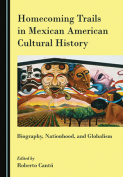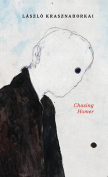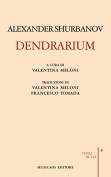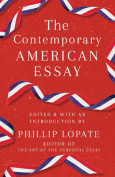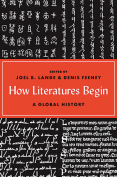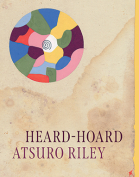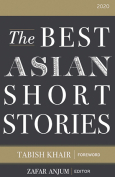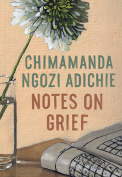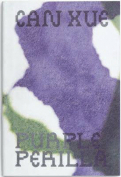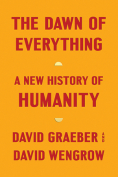Three Novels by Yuri Herrera
 Sheffield, UK. And Other Stories. 2021. 272 pages.
Sheffield, UK. And Other Stories. 2021. 272 pages.
THIS COLLECTION BRINGS together three superb novellas by Yuri Herrera that had been previously published separately in English translation. Born in 1970 in Actopan, a small town in central Mexico, Herrera studied political science at the National Autonomous University of Mexico before pursuing a master’s degree in creative writing at the University of Texas, El Paso, and a doctorate in Latin American literature at the University of California, Berkeley. A professor of literature at Tulane University, his stories capture the world of corruption, violence, and human and drug trafficking in Mexico, the United States, and their shared borderlands.
Kingdom Cons tells the story of Lobo, a child who was abandoned in Mexico by his parents when they crossed over to the United States. He survives by playing music on an accordion his father left him, until he ends up in the inner circle of the King, a narco kingpin, for whom he composes corridos, popular Mexican ballads, celebrating the drug lord’s excellence. From this point on, we follow Lobo, who has been given the name Artist by the King, his development as a songwriter and musician, and his growing awareness of his life circumstances and understanding of the drug kingdom from which he must extricate himself. The use of archetypal nicknames reinforces the idea that in this world faces may change, but reality repeats itself.
Signs Preceding the End of the World is a quest narrative (WLT, Jan. 2016, 58). Makina, a young Mexican woman, serves as a mule, carrying contraband in her search for her brother who has traveled to the US to sell some land that belongs to their family. Makina’s sojourn takes her through Mexico to the border, where a coyote helps her cross into the US. She is a strong female character who overcomes many perils along the way. Here again, the worldview is cyclical, and Herrera’s protagonist’s only hope lies in the possibility of moving on and finding new horizons.
The Transmigration of Bodies is eerily evocative of our current Covid-19 pandemic. Published in its original Spanish in 2013, after the 2009 h1n1 swine flu pandemic that heavily impacted Mexico, this work presents a world of violence and distrust where the protagonist, known as the Redeemer, resolves all manner of social conflicts for a group of odd characters who live in fear of a mosquito-borne disease, wear face masks, and are wary of contact with others. As with the other stories, the plot is unpredictable, and the protagonist is a strong character, a survivor who must negotiate a dark reality alone.
Herrera has achieved great unity between his stories, and his unique style, in particular his use of diverse language registers, has been masterfully rendered into English by Lisa Dillman. This volume also includes three insightful translator’s notes in which she discusses the merits of Herrera’s works and some of the challenges she encountered in translating them. (Editorial note: Dillman’s translation of Herrera’s “The Objects” appeared in the March 2017 issue of WLT.)
Edward Waters Hood
Northern Arizona University
